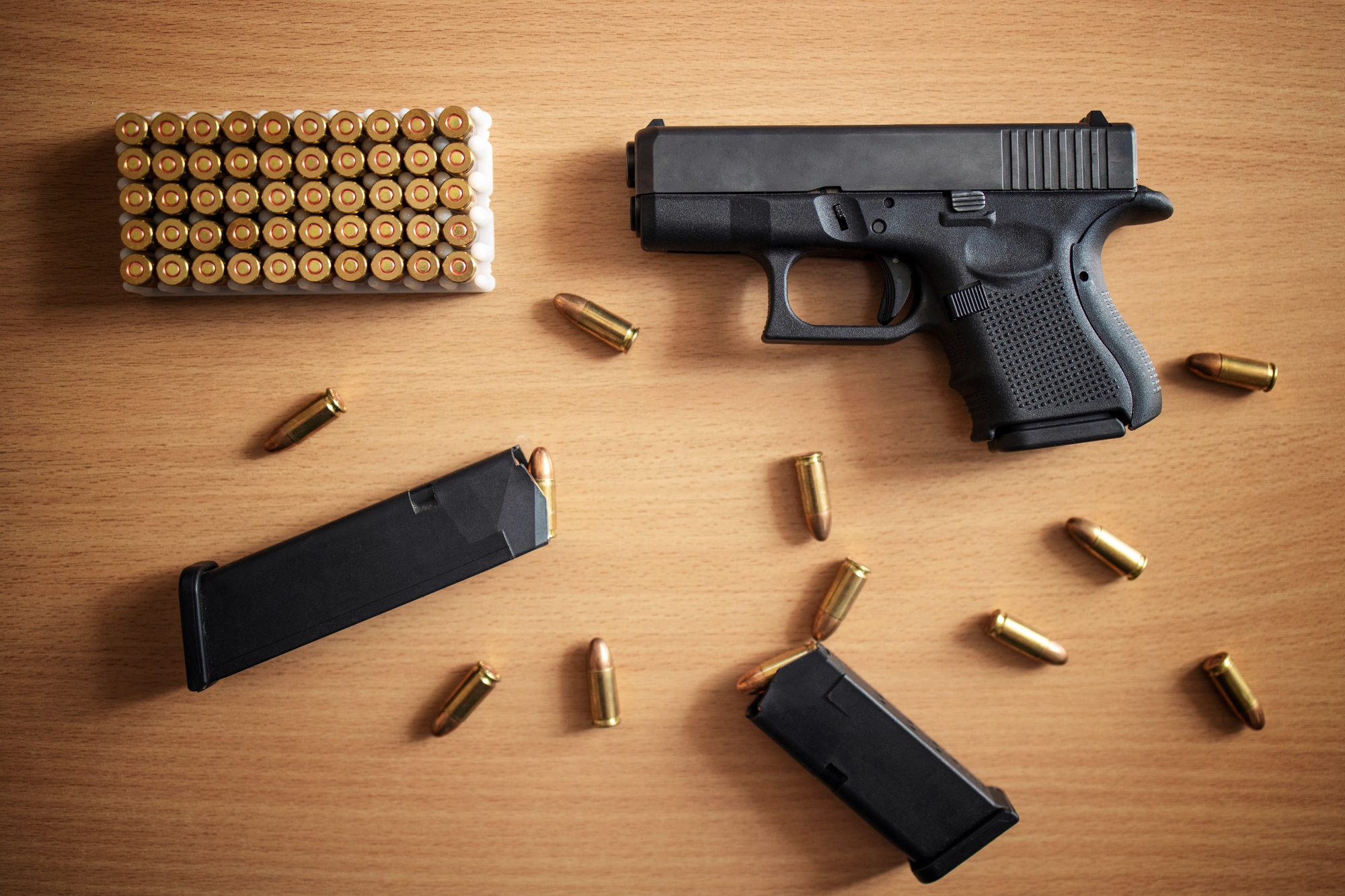The contentious issue of gun control has sparked much debate within society. Some contend that gun control is vital for ensuring the safety and protection of individuals. Others argue that it infringes on the fundamental right to live and can actually increase the number of firearm-related deaths. This article aims to explore both perspectives and shed light on the underlying reasoning behind each.
Proponents of gun control argue that it is necessary for reducing the number of gun-related deaths and injuries. According to the Centers for Disease Control and Prevention, there were approximately 43,000 firearm-related deaths in the United States in 2020 alone. They argue regulating the availability and ownership of firearms can reduce these numbers. They suggest measures such as background checks, waiting periods, and restrictions on certain types of firearms. This would ensure only responsible and law-abiding citizens have access to them. They also state that not having gun control violates the most fundamental human right, the right to live!
Opponents of gun control, however, argue that it violates the Second Amendment of the United States Constitution, which guarantees the right to bear arms. They view the right to own firearms as a fundamental aspect of individual liberty and personal freedom. Some view the regulation of firearms as a potential threat to individual liberties and fear that it could lead to a loss of autonomy and control over one’s own safety. Carrying a firearm can serve as a means of self-defense, they argue. They suggest that gun control measures will not effectively reduce gun-related deaths and injuries since criminals will still find ways to obtain firearms regardless of regulations.
Another argument against gun control is that it may be used by the government to oppress and disarm its citizens. This would make it easier for the government to maintain control over the population.On the other hand, advocates of gun control argue that the safety and protection of individuals outweighs the individual right to bear arms. They suggest that by implementing stricter gun control measures, society as a whole can be made safer. They also argue that the Second Amendment was written at a time when firearms were far less dangerous and sophisticated than they are today. Their interpretation should evolve along with modern technology.
In conclusion, the issue of gun control is complex and multifaceted, with valid arguments on both sides. While proponents of gun control argue that it is necessary for the safety and protection of individuals, opponents view it as a violation of human rights. Ultimately, the solution to this issue may lie in finding a middle ground where individuals’ rights are protected, while measures are taken to ensure the safety and security of society as a whole.


